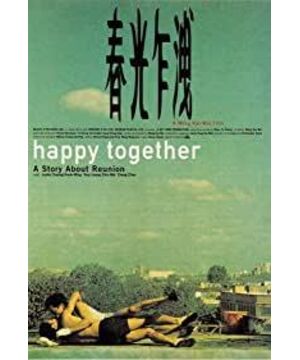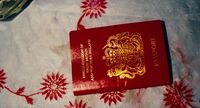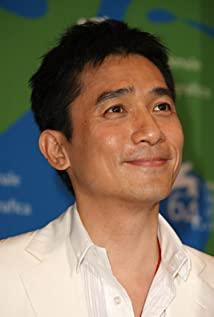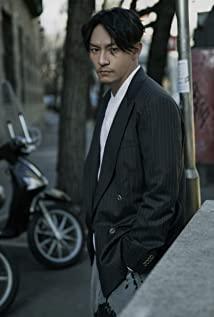As a result, after watching the movie, I didn't feel nauseated or uncomfortable at all; "Breakthrough" is not a gay movie as it was packaged, but a story about the love between Hong Kong and Britain, and the one who wants to reject it and welcome it. Put it in the eye of the handover of the Sino-British regime - it was filmed in 1997, and it is inevitable that people will be seated with political glasses.
I have two opinions. I think it is absolutely necessary. We are always just a small audience, not a bug in the author's heart at that moment. Even the author himself may change his thoughts with the passage of time. , and let alone us who only watched the film once? Moreover, art is to allow the audience to use their own experience or ideas to be a personal, and only belong to their own harmony, and to give full play to the original meaning of art to provide possible freedom, so it is right or wrong. It's better to say a little more about the possibilities.
Idea 1: Hong Kong-British romance
Li Yaohui symbolizes Hong Kong people. On the eve of the handover in 1997, he knew that it would be impossible to be with He Baorong, who symbolized the United Kingdom. That is to say, it was a politically incorrect act to continue to be attached to British rule. It's just that Hong Kong people are as contradictory as Lai Yiu Fai. If he had to choose, he would never forget the attractiveness of He Baorong (UK), and he was reluctant to bear years of affection. I still want to do everything I can to keep He Baorong (UK), so that my heart will be better.
Rebuttal: Li Yaohui (Hong Kong native) said from the beginning of the film that he would go back to Hong Kong, and later stated that the main purpose of returning to Hong Kong was to repay his debts to his father (China). Does Li Yaohui love China or Britain?
Idea 2: Brotherhood
Both Lai Yaohui and He Baorong symbolize Hong Kong, but Li Yaohui represents those who support the return and recognize their ancestors; He Baorong is unwilling to stay in Hong Kong to wait for the return, and does not think that he has a home or his own roots (China), still Reluctant to let go of the old days with the ghosts (British), I plan to continue to live as a British passport. Li Yaohui wanted to instill his political correctness into He Baorong, and even in the end he was reluctant to return his identity to him because he did not want to see He Baorong, who was always in chaos and abandoned (treason of the country), so that He Baorong was neither China nor Britain in the end. Not that the contradictions are painfully painful.
In general, the film generally gives people an idea, whether it is to go to the UK or to seek roots, as long as it is Hong Kong people or staying together is the best; this is explained in the monologue of the waterfall scene in the later stage. Secondly, the film clearly compares Xiao Zhang, who is rooted in his own origin, Li Yaohui, who has doubts about his national identity, and He Baorong, who tries to change his national identity. At the end of the film, he makes a flat expression, It shows what the author thinks is right and good.
View more about Happy Together reviews











